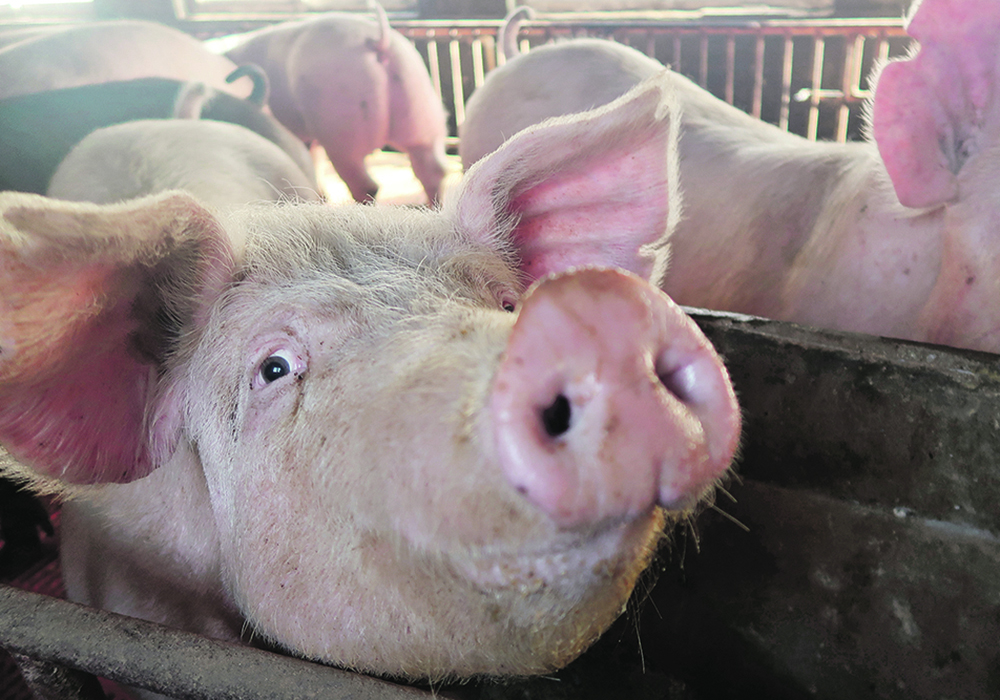How would you like it if the federal government ordered Canada’s banks to keep lending money to farmers, no matter what?
As well, financial institutions would be under strict instructions not to call in farmers’ loans, no matter the circumstances.
Seems like a pipe dream? Seems financially irresponsible? Maybe in Canada, but apparently not in China.
Questions have been raised recently over how that country’s hog producers have been able to keep up their rapid expansion of the sector while at the same time experiencing record losses. Rapid expansion and record losses don’t usually go together.
Read Also

Farmer ownership cannot be seen as a guarantee for success
It’s a powerful movement when people band together to form co-ops and credit unions, but member ownership is no guarantee of success.
Well, as Western Producer reporter Sean Pratt reported recently, it’s because China’s agriculture ministry ordered banks last year to “keep the money spigot open” for hog farms.
According to Dim Sums, a blog about China that Sean regularly uses as a source for his market stories, the agriculture ministry and five other government agencies issued a hog industry stabilization document ordering banks to continue lending to hog farms and slaughterhouses and to not call in loans when those companies experience financial trouble.
As Sean explained in his story, it’s why hog companies have been able to continue financing expansion despite enduring some of the worst losses in the history of the industry.
What Sean didn’t have room in his story to include is that the government also ordered banks to not be terribly fussy when accepting collateral for loans. This could include rights to village land, barns, live pigs, machinery and equipment.
It apparently doesn’t matter if the assets offered as collateral meet a bank’s standards. Orders are orders.
Government assistance to the agricultural sector goes beyond forcing banks to play ball with farmers.
According to the Dim Sums blog, a large hog company that ran into financial trouble was recently designated a key customer of the Agricultural Bank of China and made eligible to receive special lines of credit from suppliers and the Bank of China.
As well, after the company’s share price cratered, a state-owned investment company and a railway company injected funds to keep it solvent.
It is yet another example of the difficulties faced by Canadian farmers and exporters when doing business with a jurisdiction that insulates key industries from the usual market forces.















